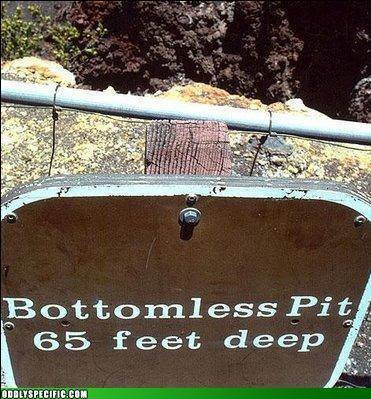Many of us know, or at least suspect that raising children in an
over-sterile environment may be harmful. It may reduce important environmental exposures
which build immunity by forcing the young immune system to do its job. It’s not a new idea either.
My father used to tell a story about a child in his street
who was never allowed to get dirty and would always bring his own knife and
fork if invited round to tea or to a birthday party. Of course he was also the least
healthy kid in the street. Dad would finish this story with.
You have to eat a peck of dirt before you die.
Stories like this don’t establish cause and
effect, but research does suggest that our levels of personal hygiene are
not
necessarily healthy.
Research indicates that
some of the products we use to avoid germs, such as antibacterial soaps, hand sanitizers,
and laundry detergents, may contribute to the development of conditions like asthma
and allergies. According to the FDA, the
hygiene hypothesis “suggests that the critical post-natal period of immune response
is derailed by the extremely clean household environments often found in the developed
world.”
According to a new study
by Dr. Erin Rees Clayton and her colleagues at the University of Michigan School
of Public Health, young people with overexposure to antibacterial soaps containing
triclosan may be at greater risk for suffering from allergies
The picture may be even more complex than we have assumed, in that exposure to low doses of toxins may be beneficial too. For example, Professor Edward Calabrese and his work on hormesis.
In other words, low doses of toxins could be beneficial because they trigger repair processes. This is a controversial field due in part to its inevitable associations with homeopathy, but check out the video below.
Note what Calabrese says from about 01:50. He takes the assumption by Big Medicine that toxins have no safe lower dose and compares it with the rejection of the homeopathy - where it is claimed that super-low doses of certain substance can have a therapeutic step.
Note what Calabrese says from about 01:50. He takes the assumption by Big Medicine that toxins have no safe lower dose and compares it with the rejection of the homeopathy - where it is claimed that super-low doses of certain substance can have a therapeutic step.
Whatever one's beliefs about homeopathy, this is surely an interesting argument.































